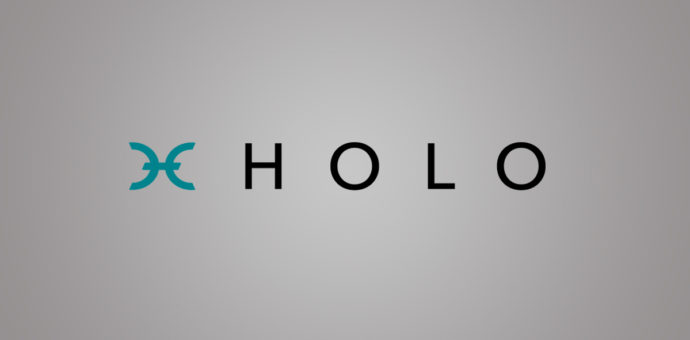The Holo Token (HOT) has been standing out in the cryptocurrency market, with above-average valuations. Currently ranked 38th on CoinMarketCap, the token reaches a total market value of over US$ 3 billion.
What’s Holo?
Holo is a peer-to-peer distributed registration platform focused on hosting decentralized applications developed using Holochain, a framework that allows the development of decentralized applications that do not require the use of blockchain technology.
The goal of Holo is to become a bridge between the Internet and applications developed with Holochain, providing an ecosystem and marketplace in which applications are easily accessible as they are hosted on the Internet by Holo network participants. In 2018, the project minted an ERC-20 token, HOT – also known as HoloToken.
Where to buy the Holo Token?
The Holo Token is currently listed on dozens of platforms, including Binance, HitBTC, Paribu, Uniswap (V2) and Gate.io.
Who are the founders of the network?
The network was founded by developers Arthur Brock and Eric Harris-Braun. The two began working on the project in December 2016 as part of the MetaCurrency Project, a developer of tools and technology designed to drive a future P2P economy.
What does Holo change in my life?
Holo is designed to act as a bridge between Holochain, which represents the crypto world, and ordinary internet users. For example, ordinary users will be able to host P2P applications on the Internet using the platform. The network relies on a number of hosts that provide the storage and processing power for decentralized applications developed on Holochain.
Hosts are computers where an application is installed running in the background, which automatically allocates processing power to those applications. In return, they receive HoloFuel tokens. As a result, the network gains a huge capillarity in storage and processing.
What is the future of the network?
The project’s business plan foresees building a P2P ecosystem of hosts and apps. By doing so, the company aims to be to the app hosting what Uber and Airbnb were to the cab and hotel sectors, respectively. The network charges a fee on HoloFuel transactions, so its revenue model is directly related to increasing the number of apps and hosts on the network.







